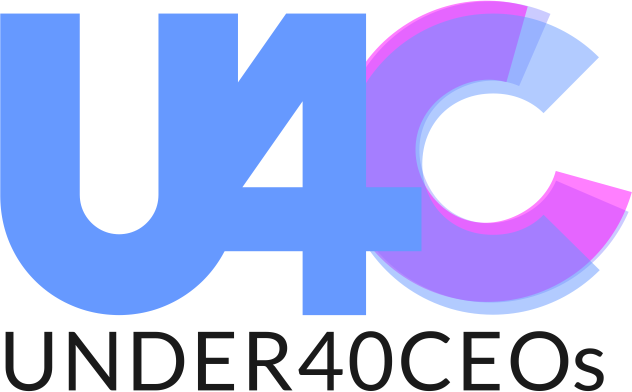Leaders aren’t just given titles at work. You take responsibility not only for your actions but also for the outcomes of your actions. Leaders aren’t afraid to commit to their vision since they know that failure is a mindset, not a fact. Follow these four steps to becoming an accountable leader:
1. Conduct a personal inventory:
As a leader, you should take stock of your strengths, weaknesses, and ego traps you may fall into.
One’s strengths are the things they are really good at, either naturally or as a result of practice. Perhaps someone has a talent for oratory or a knack for seeing complex patterns. A person might have a great deal of compassion and be an excellent manager of people, or they might be visionaries who can see where the culture is headed before others. A leader should know his or her strengths so that he or she can capitalize on them, develop them and devote their energies and time to activities that utilize them.
The opposite of strengths is a weakness – something a person isn’t that good at. People who are excellent managers might not be good project managers if their organizational skills are poor. Great orators are not always good planners, and creative visionaries may not be the best at day-to-day administration. As a leader, you need to know your strengths and weaknesses so you can either focus on improving them or delegate tasks that require those skills.
An important personal inventory a leader should take is knowing his or her ego traps. An ego trap is a reaction you’re likely to have. Depending on the situation, one leader might become angry when someone disagrees with them, while another might become fearful. Some leaders are so caught up in the desire to be perfect that they do not take action, while other leaders will do anything to be seen as the best, including lying about or ignoring mistakes. Leaders should be aware of these things about themselves so they can recognize when this is happening and reverse it. All leaders must actively work on overcoming their ego traps since they prevent accountability in the workplace and prevent them from being accountable to others.
2. Get clear on outcomes.
Leaders avoid accountability by not defining what they are accountable for. When we have vague or nonexistent ideas of where we’re going, we don’t have to be accountable because we don’t even know where we’re going or what we’re trying to accomplish. Purposeful and clear outcomes are the prerequisite to accountability.
When determining desired outcomes, really think about where you want to go and why. In a business setting, this will be your business outcome. What is your vision for the company? If your goals were achieved, what would that look and feel like, and what would be the ultimate purpose? Business leaders often get lost in standard metrics and goals, but as leaders, we need to look toward what kind of world we’re creating, both inside and outside of our organization. In personal leadership accountability, your outcomes will likely be the experience you want to have. If you want more money, think about why you want it and what the purpose is. If you have a health goal, think of your purpose for being healthy and what kind of life experience you’re looking for.
Only once we have clear, specific, and purposeful outcomes can we be accountable to them. Otherwise, we are chasing metrics, numbers, and task completion that doesn’t mean anything and doesn’t lead us where we want to go.
3. Take action.
This one might seem obvious, but you’d be surprised how many leaders avoid taking action. Why? Because once you take action, you have to be accountable for your goals. It’s easy to plan and imagine and think about the action you want to take, but actually doing it puts you in the vulnerable position of being able to fail. The good news, as I said before, is that failure is a mindset, not a reality. No one fails unless they stop learning. Taking action is courageous and required if you want to be an accountable leader.
4. Learn and adjust.
Perhaps the most important step of being an accountable leader in the commitment to learning and adjusting. We can’t know what lies ahead in the unknown, so we can only plan and predict to the best of our ability based on a guess and look at patterns from history. Our first attempts will be far from perfect and they likely will not get us where we want to go. To reach our desired outcomes, we must be willing to let ourselves fail so that we can learn and make adjustments. Accountable leaders never stop learning, and they know that getting on the field or in the ring, even if they get knocked out sometimes, is the best and quickest way to learn.
When we move toward our goals, dreams, or desired outcomes in life and in business, we are going to fumble along the way and leaders know that the obstacles and difficulties they encounter are not there to thwart them but rather to help them learn.










